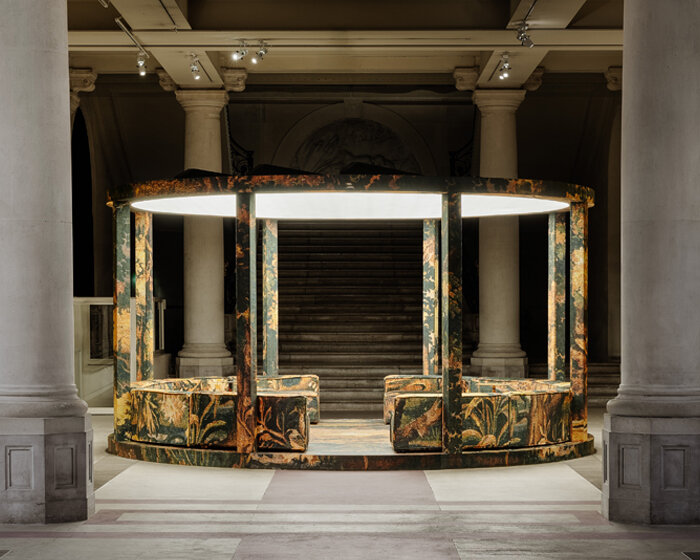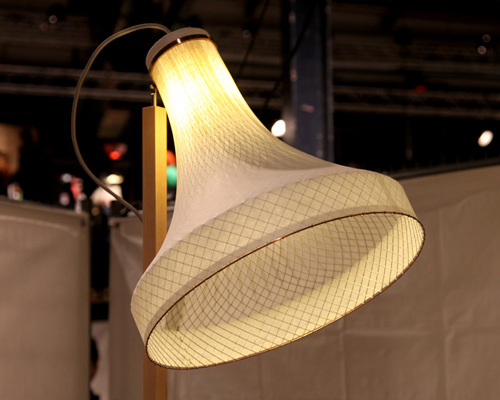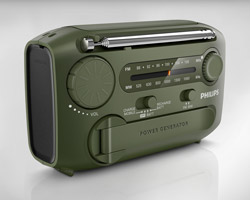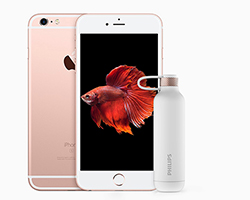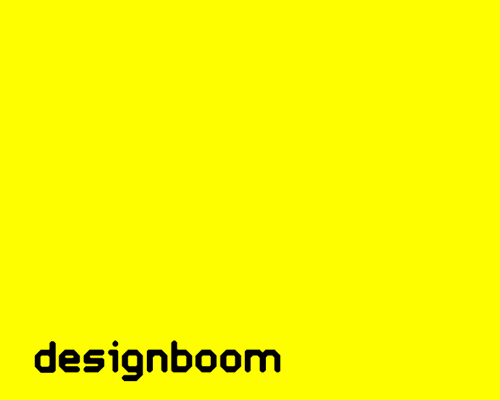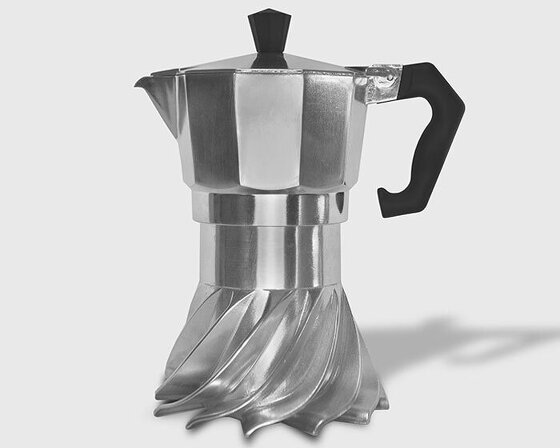KEEP UP WITH OUR DAILY AND WEEKLY NEWSLETTERS
happening now! thomas haarmann expands the curatio space at maison&objet 2026, presenting a unique showcase of collectible design.
each chair reflects an individual child’s input and imagination.
connections: +910
the spiral structure follows principles of fluid dynamics and thermodynamics to optimize heat distribution.
connections: 94
from 3D printed coral reefs to eggshell composite butterfly nests, designboom looks back at the top 10 social impact stories that defined 2025.
connections: 23
amid the rush of a hyper-accelerated world, the hue stands in for a blank canvas.
connections: 45

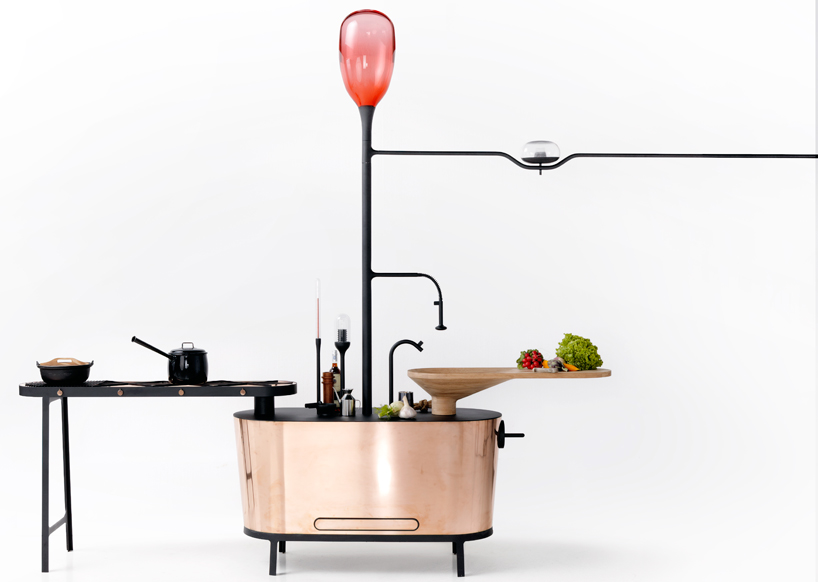 the ‘methane bio-digester’ kitchen island generates energy for use in cooking and heating
the ‘methane bio-digester’ kitchen island generates energy for use in cooking and heating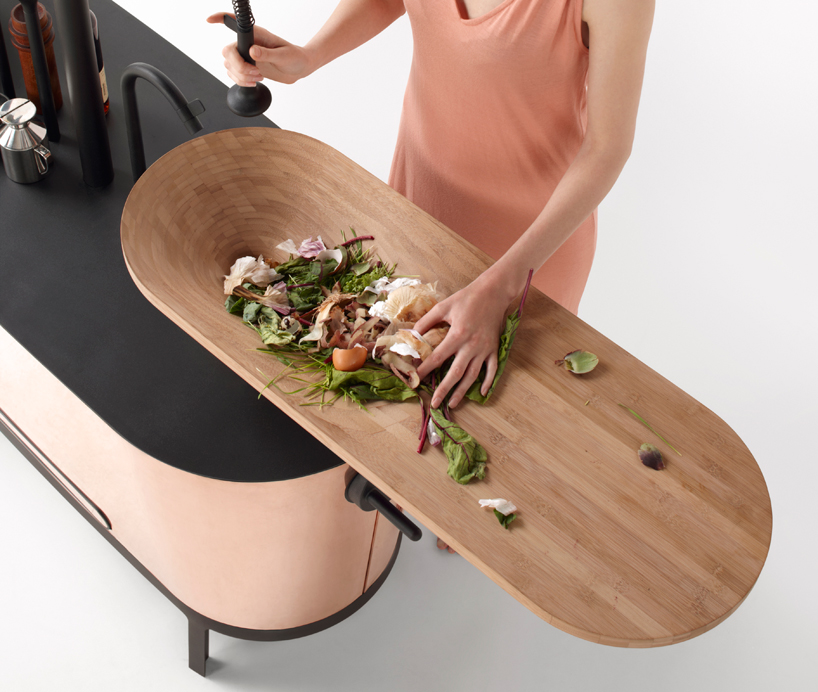 view of cutting surface
view of cutting surface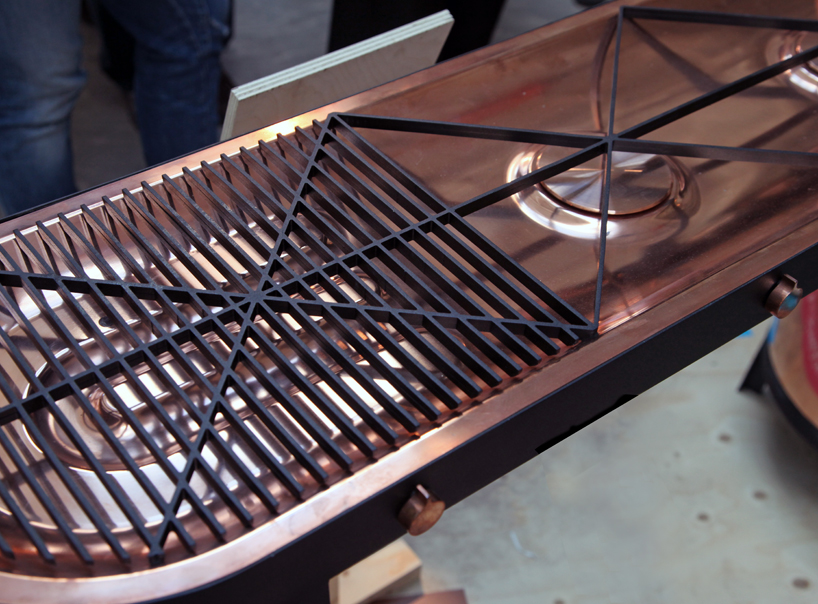 detail on cooking range image © designboom
detail on cooking range image © designboom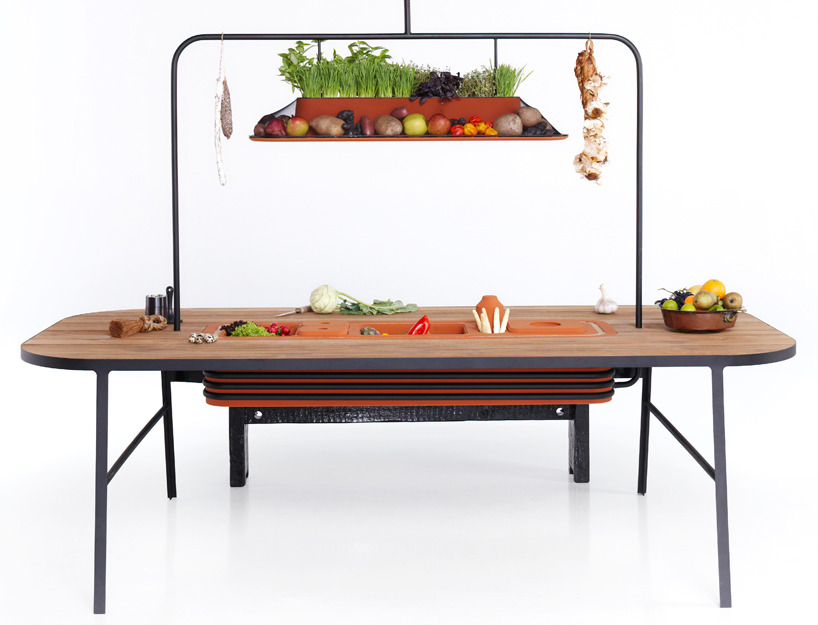 ‘larder’ evaporative cooler dining room table
‘larder’ evaporative cooler dining room table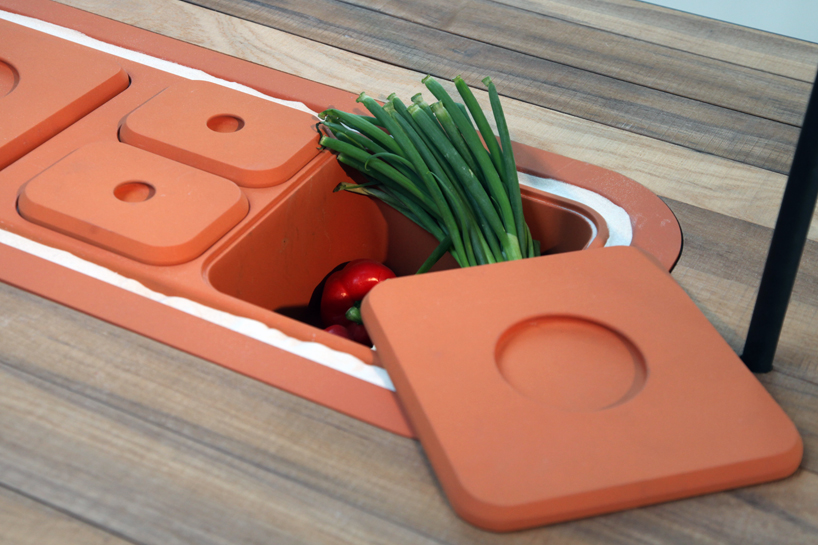 detail on terra cotta cooling compartments image © designboom
detail on terra cotta cooling compartments image © designboom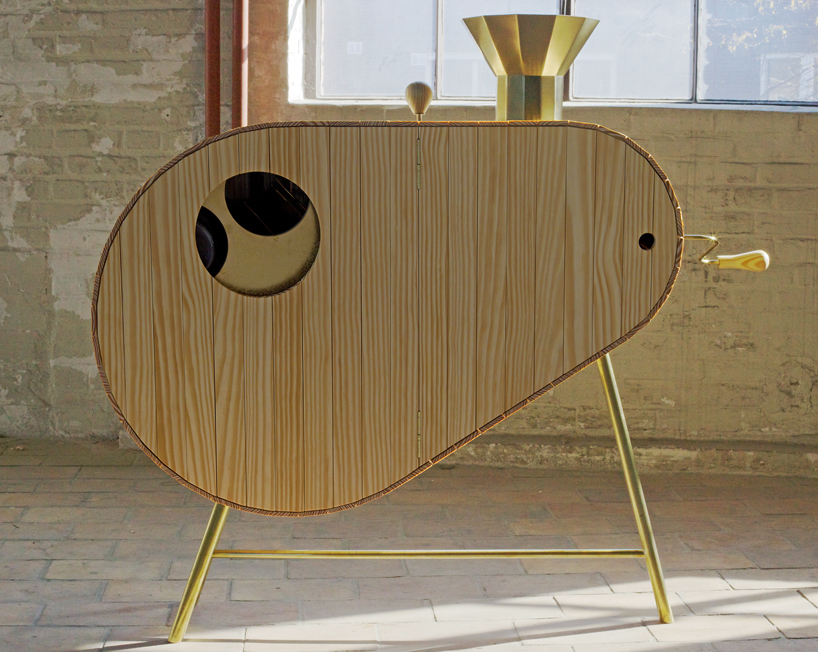 the ‘paternoster’ mushroom garden decomposes plastic waste
the ‘paternoster’ mushroom garden decomposes plastic waste detail on inner gear image © designboom
detail on inner gear image © designboom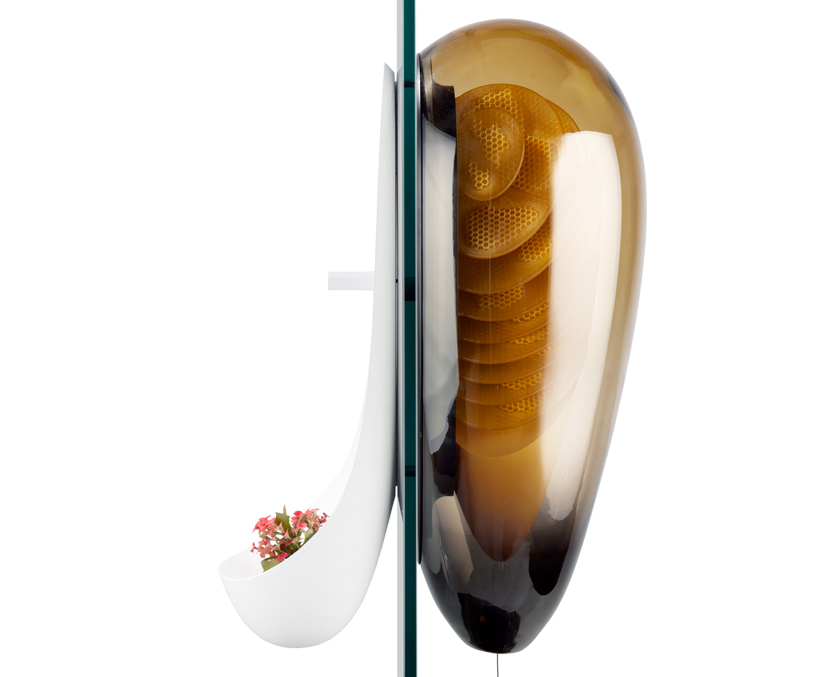 ‘urban beehive’
‘urban beehive’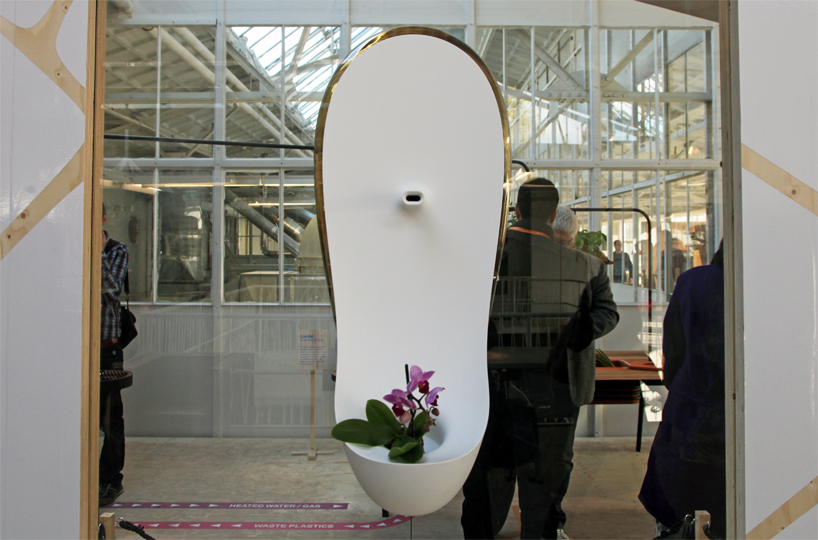 the exterior side of the device image © designboom
the exterior side of the device image © designboom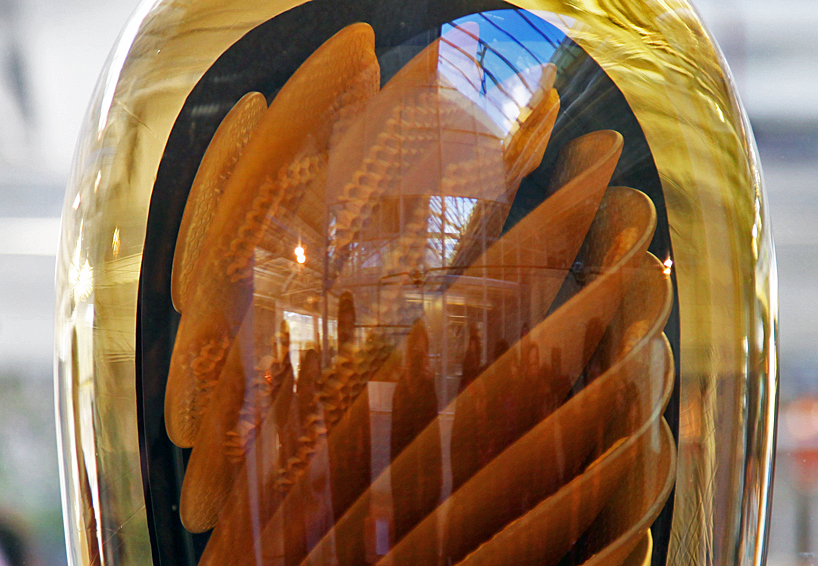 detail on hive image © designboom
detail on hive image © designboom ‘bio-light’ image © designboom
‘bio-light’ image © designboom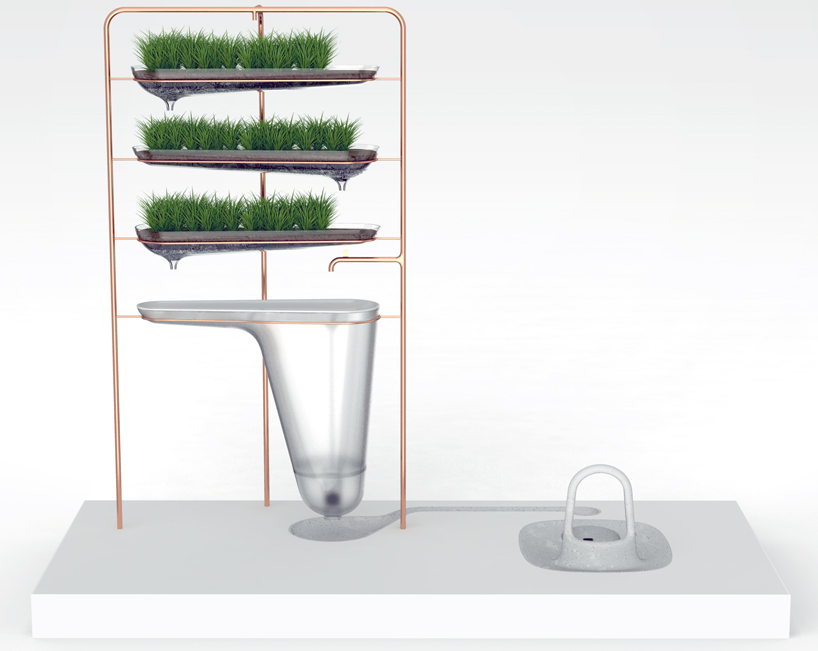 the ‘filtering squatting toilet’
the ‘filtering squatting toilet’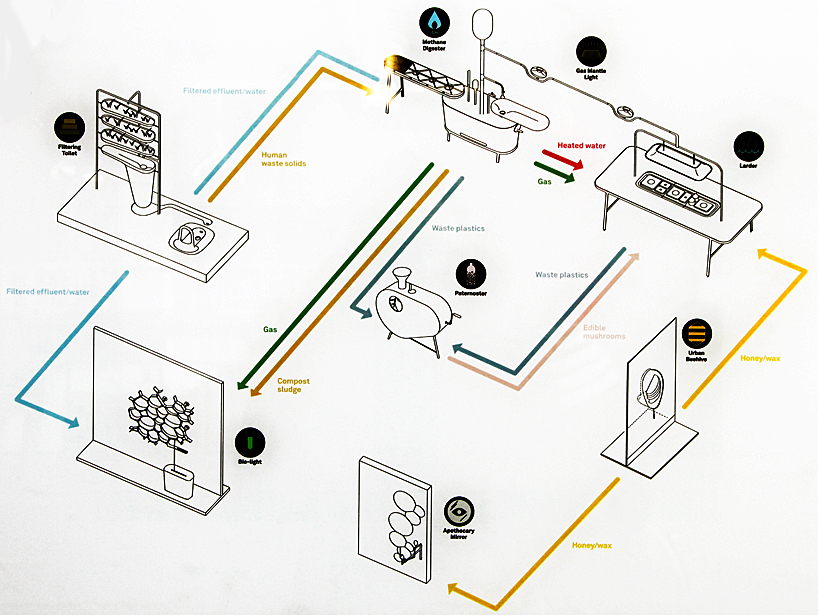 diagram of the integrated ‘microbial home’ system diagram © philips; photograph © designboom
diagram of the integrated ‘microbial home’ system diagram © philips; photograph © designboom